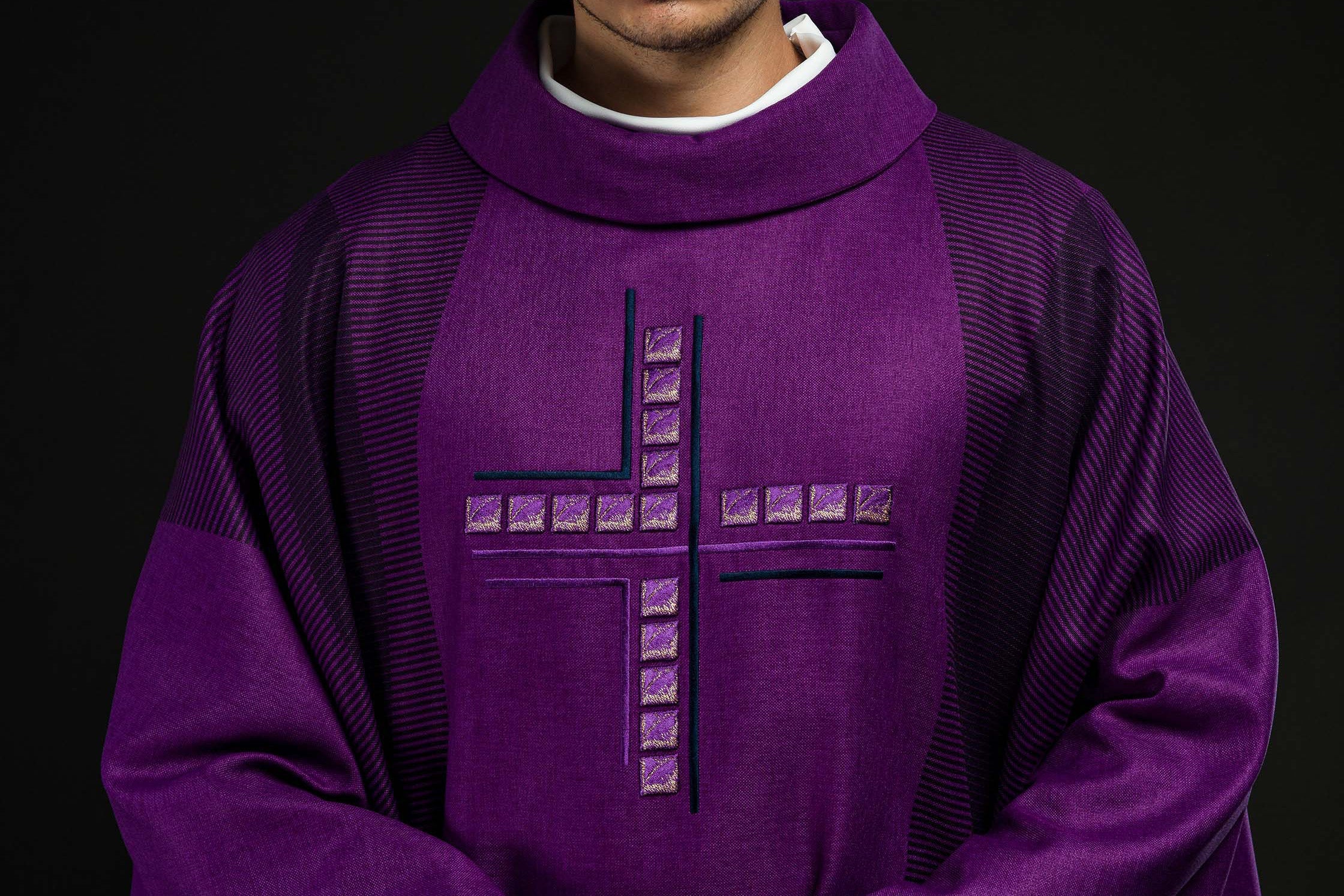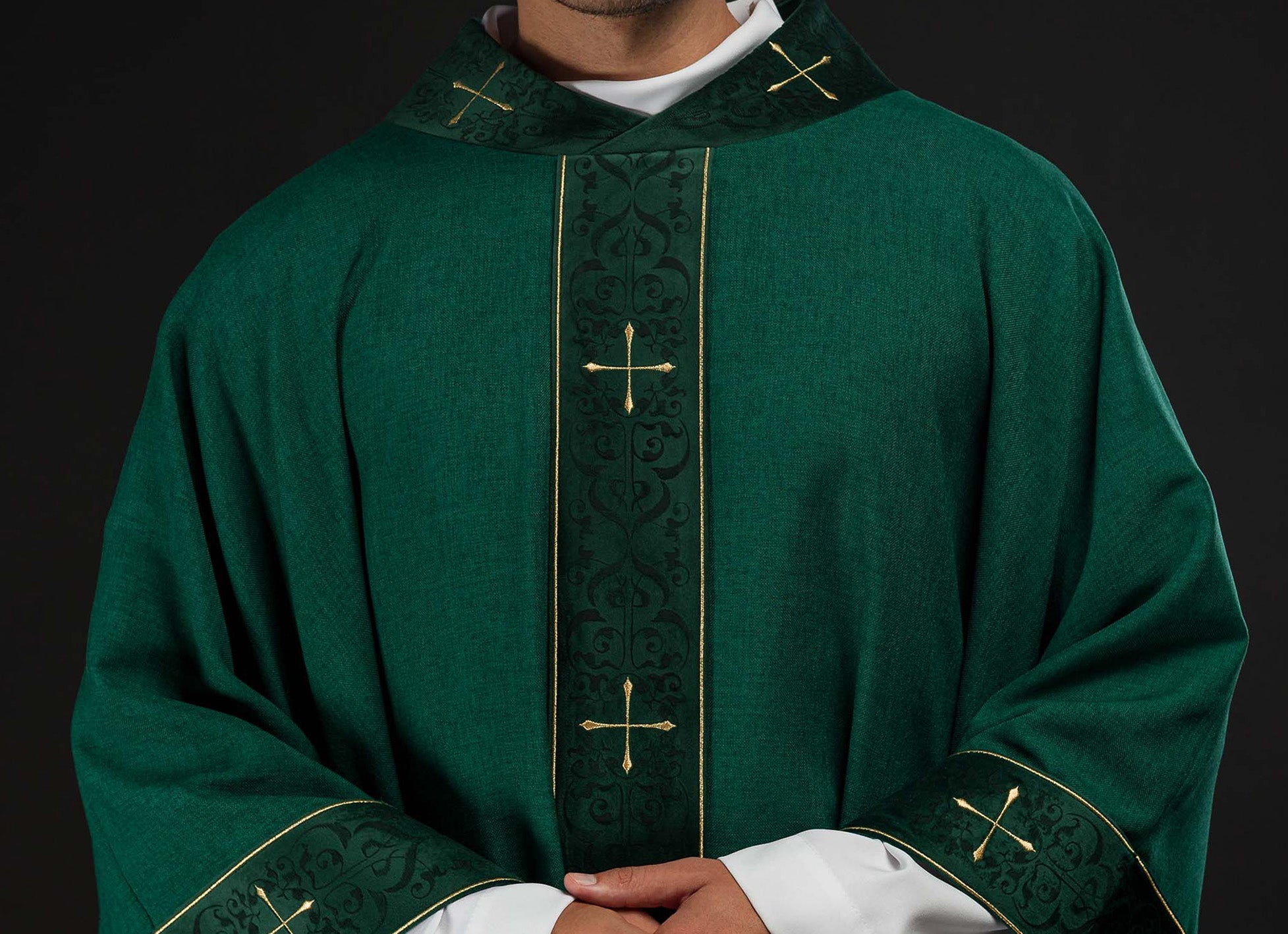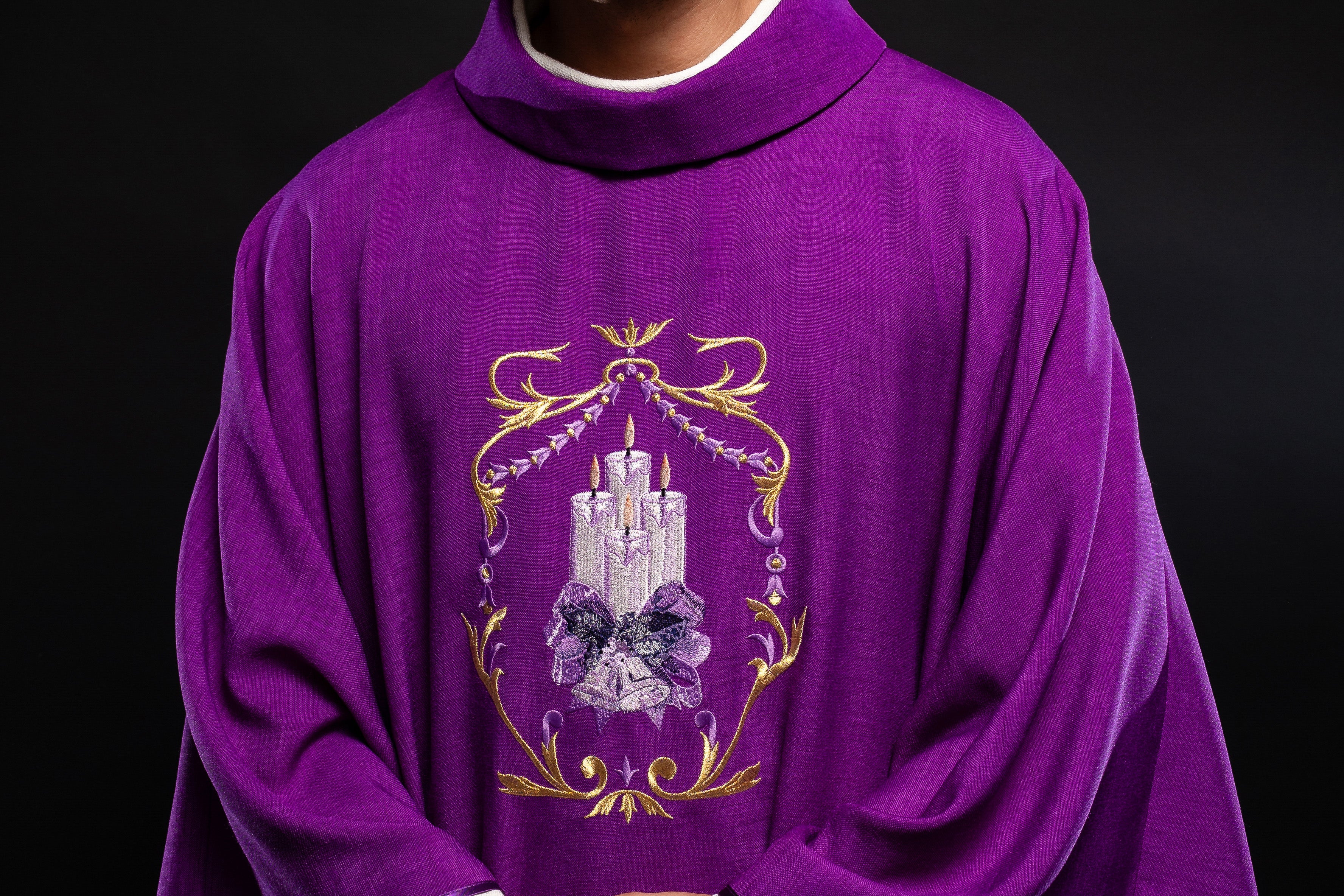
Novena: What Is It and How to Conduct One in Your Parish?
Novena – What It Is and How to Conduct It in a Parish?
Novena, from the Latin word "novem" meaning nine, is a nine-day prayer or period of religious reflection that is practiced in the Catholic Church. It is a time of special connection with God, through the intercession of a saint or the Blessed Virgin Mary, for specific needs or to deepen spiritual life. In the context of parish life, the novena can become a powerful tool for spiritual renewal, building community and deepening the bond of the faithful with God.
What is a Novena and Why is it Important?
A novena is a period of nine days during which the faithful gather for common prayer, reading Scripture, reflections, and meditation. Its purpose is to implore necessary graces from God through the intercession of a chosen saint or special Marian devotions. In Church tradition, the number nine has symbolic significance, referring to the nine choirs of angels or the nine days between the Ascension of Jesus and the Descent of the Holy Spirit. Conducting a novena in the parish has many benefits: it strengthens community bonds, gives the faithful space for personal reflection and prayer, and is a testimony of faith to the world.
What Types of Novenas Are There?
There are many types of novenas that can be adapted to the specific needs and celebrations in a parish. The most common forms are:
Novenas to Specific Saints
Prayer to the patron saint of the parish, a saint of particular veneration, or a saint known for specific requests (e.g., St. Anthony of Padua – finding lost items, St. Rita – difficult cases, St. Joseph – a good death and families). Such prayer often includes a litany to the saint, reflections on his life, and quotes from his writings or testimonies.
Marian Novenas
Novenas in honor of the Blessed Virgin Mary, e.g., Novena to Our Mother of Perpetual Help, Novena to Our Lady of Fatima, Novena to the Immaculate Heart of Mary. They focus on the figure of Mary as a model of faith and mother of all believers.
Eucharistic Novenas
Periods of prayer before the Blessed Sacrament, aimed at adoration and reparation, e.g., Novena to the Holy Spirit preparing for the Solemnity of Pentecost.
Occasional Novenas
A novena can be prepared related to a specific event in the life of the parish, diocese, or universal Church, e.g., novena before the patronal feast, novena before beatification or canonization, jubilee novena.
Personal Novenas
Although the question concerns the parish, it is worth mentioning that novenas are also practiced individually by the faithful, often using special prayer books.
How to Plan and Conduct a Novena in a Parish?
Effective conducting of a novena in the parish requires careful planning and engagement. Here are the key steps:
Defining the Purpose and Intention of the Novena
The first step is to clearly define the purpose of the novena. Is it to serve the spiritual renewal of the parish, to implore specific graces, to prepare for an important event, or perhaps to deepen devotion to a specific saint? The purpose should be clearly communicated to the faithful.
Choosing the Patron or Theme of the Novena
Based on the purpose, one can choose the patron of the novena or its main theme. It is important that this choice is consistent with the spirituality of the parish and the needs of the community. It is worth consulting this decision with the pastors.
Preparing Materials
Appropriate materials for prayer should be prepared: texts of prayers, Scripture readings, reflections, songs. You can use ready-made prayer books or create your own materials, tailored to the specifics of the parish. It is worth thinking about graphic design – it may be worth preparing special leaflets or a poster informing about the novena.
Setting the Schedule
The novena lasts nine days. It should be determined whether it will take place daily at a fixed time, or perhaps in the form of services every Sunday for nine weeks, or in conjunction with morning/evening Mass. Access to places of prayer, such as a chapel or church, must be ensured.
Promotion and Information
It is necessary to inform the faithful about the upcoming novena. This can be done through parish announcements, the parish website, social media, as well as posters. Clearly communicating the purpose, schedule, and form of the novena will encourage more people to participate.
Leading the Prayer
The novena can be led by pastors, but also by engaged lay people – lectors, animators of parish groups. It is important that the leaders are prepared, have good diction, and can create an atmosphere of focus and prayer. Liturgical elements, such as singing, reading Scripture, a short reflection, or the prayer of the faithful, should be carefully planned.
Engaging the Faithful
Encourage the faithful to novena prayer also at home. You can make the texts of prayers available on the parish website or in printed form to take from the church. It is important that the novena is not just a formality, but an authentic encounter with God.
Novena as a Tool for Building Community
Experiencing the novena together in the parish is of great importance for building community. When the faithful gather to pray together, share their intentions, and jointly seek God's will, a stronger bond is created between them. The novena can be an excellent opportunity to integrate various parish groups, from children to seniors. Participating in the novena teaches common perseverance in prayer, gives a sense of belonging and support, and helps build unity in the Church.
What Haftina Products Can Support the Novena?
Although the novena is primarily prayer, appropriate liturgical setting can enhance its spiritual dimension. Haftina Textile Group SP. Z O. O. offers a wide range of products that can be used during novena services:
Vestments and Liturgical Robes
Depending on the liturgical season and the nature of the novena, you can choose appropriate vestments, stoles, or albs. For example, the novena to the Blessed Virgin Mary can be celebrated in robes in white or blue, and the novena to the Holy Spirit in red. Embroidered vestments with Marian motifs, Eucharistic motifs, or symbols of the Holy Spirit will add solemnity and emphasize the theme of the prayer.
Chalice Linen and Veils
Sets of chalice linen, containing a purificator, corporal, and palls, are often decorated with subtle embroidery with religious symbols. Veils for the chalice or ciborium may also have embroidered motifs that refer to the theme of the novena, e.g., monogram IHS, cross, or Eucharistic symbols.
Altar Cloths and Coverings
Altar cloths with embroidery, especially those with a central religious motif, can create a solemn atmosphere during services. Coverings for the lectern or ambo also add elegance and emphasize the sacred nature of the place of prayer.
Liturgical Accessories
Bells, thuribles, aspergillum, candlesticks – all these elements add solemnity and dignity to the liturgy. Using them during the novena can help the faithful in a deeper experience of prayer.
Summary
The novena is a valuable spiritual tool that can significantly affect the life of the parish. Through conscious planning, engagement of the faithful, and appropriate liturgical setting, the novena can become a time of deep encounter with God and building a stronger parish community. If you are looking for beautiful and symbolic liturgical robes and accessories that will emphasize the solemn character of the novena and other services, we invite you to familiarize yourself with the offer of haftinausa.com. We offer high-quality products that will help in the dignified celebration of faith.





